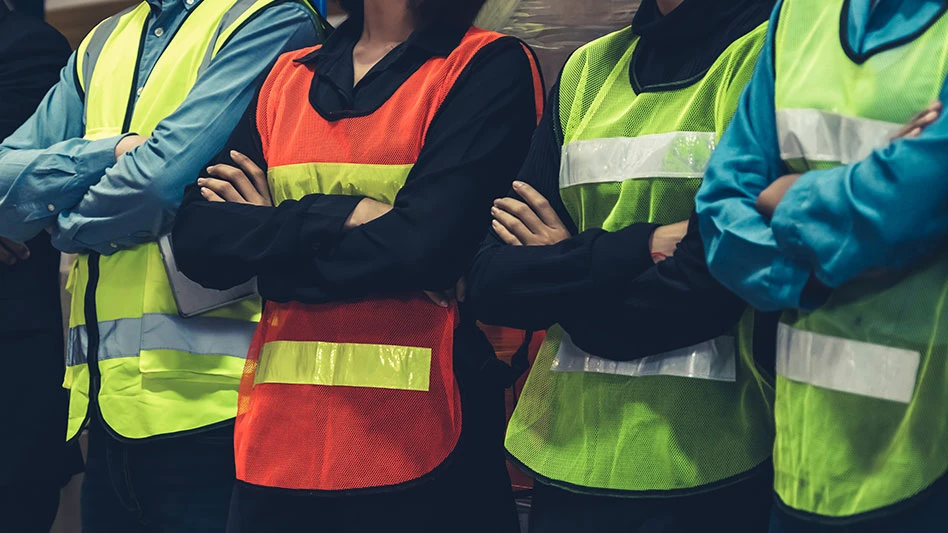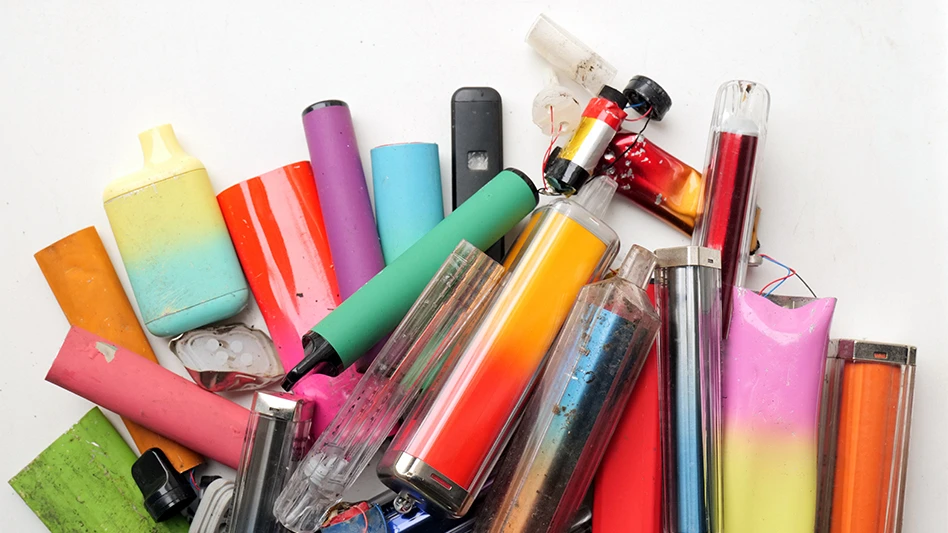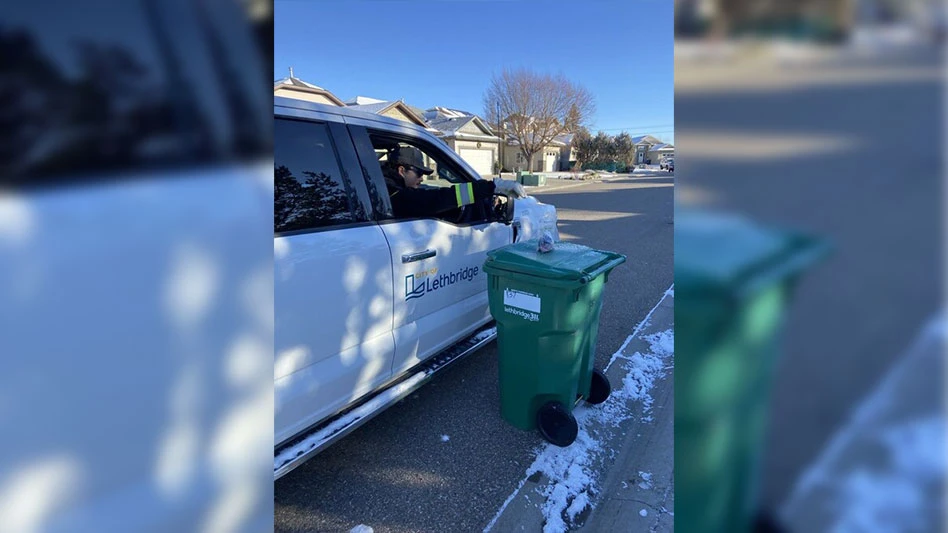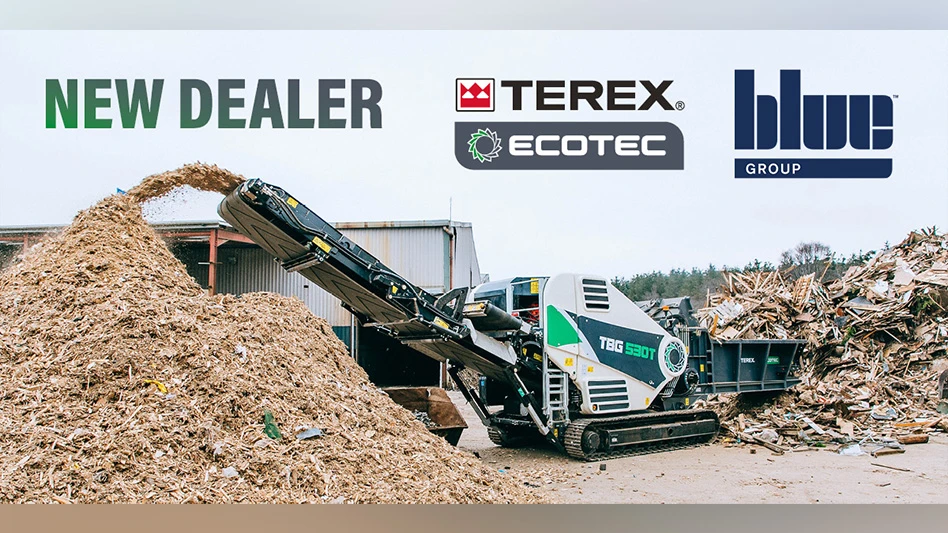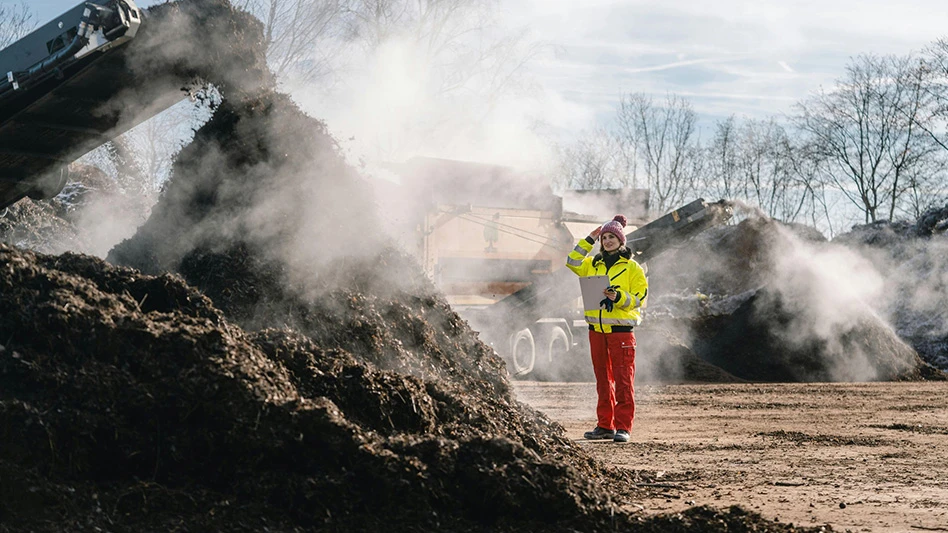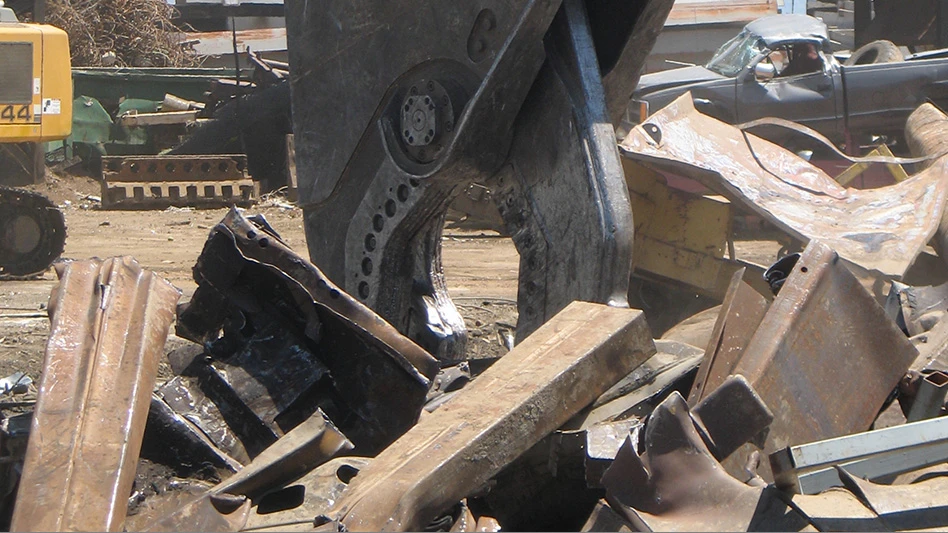
Recycling Today archives
Brussels-based nonprofit initiative RecyClass says it has prepared its first Recyclability Evaluation Protocols for users of recycled-content plastic in the automotive and electrical and electronic equipment (EEE) sectors.
The first set of the protocols has been published following what RecyClass calls “intense collaboration with the plastic value chain.”
The organization says its initial protocols focus on polymers that are commonly recovered and recycled in the automotive and electronics industries, including polypropylene (PP), mineral-filled polypropylene (PP-MF), acrylonitrile butadiene styrene (ABS), polystyrene (PS), polyethylene (PE) and polycarbonate-acrylonitrile butadiene styrene blend (PC-ABS).
“RecyClass is more committed than ever to driving the transition to a circular plastics economy across all sectors,” says Tom Caris, chair of the automotive and EEE Technical Committee at RecyClass.
“The introduction of these protocols underscores our dedication to delivering actionable, science-based guidance to the industry through accurate testing, and this is just the beginning,” Caris adds. “Further protocols are under development and will be released next year.”
The newly launched protocol will allow companies producing resins to test their compatibility with standard recycling conditions and determine if they can be used as control material for the Recyclability Evaluation Protocols for Single Components, says RecyClass.
At the same time, the ‘Recyclability Evaluation Protocols for Single Components used in Automotive and EEE applications’ will focus on evaluating the compatibility with recycling processes of fillers, additives, coatings, superficial treatments and adhesives used along with the commonly recovered and recycled polymers.
RecyClass says a new protocol on multicomponent materials is currently in development. That protocol will assess how different polymers and materials in vehicles or electrical and electronic appliances can be separated during the recycling process, as well as how assembly choices impact the overall recyclability of plastic components.
The organization says it encourages companies in the automotive and EEE sectors to test their technologies using the protocols, in a process it says can contribute to the generation of additional knowledge that will help build sector-specific “design for recycling” guidelines and anticipate legislative changes.
Details of the new protocols can be found on the RecyClass website.
Latest from Recycling Today
- Phoenix Technologies closes Ohio rPET facility
- EPA selects 2 governments in Pennsylvania to receive recycling, waste grants
- NWRA Florida Chapter announces 2025 Legislative Champion Awards
- Goldman Sachs Research: Copper prices to decline in 2026
- Tomra opens London RVM showroom
- Ball Corp. makes European investment
- Harbor Logistics adds business development executive
- Emerald Packaging replaces more than 1M pounds of virgin plastic
